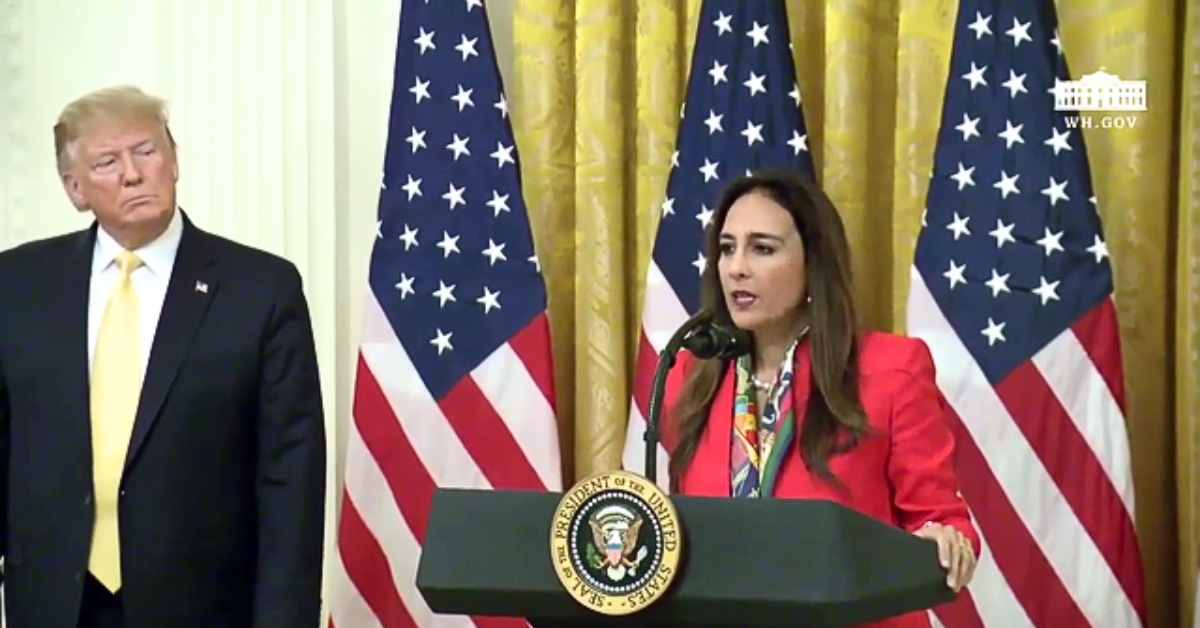
Vaccines in Lettuce? It’s Possible and TN Lawmakers Don’t Want It
Tennessee is taking a bold stand against what sounds like the plot of a sci-fi novel, but is alarmingly within the realm of possibility today: vaccines being snuck into our food. With Governor Bill Lee’s pen poised to sign HB1894 into action, Tennessee is setting a precedent that should make the rest of the country sit up and take notice. This legislation, crafted in direct response to eyebrow-raising research efforts like those at the University of California Riverside, aims to redefine the term “drug” within the state code to include any “food that contains a vaccine or vaccine material.” Let that sink in for a moment.
The genesis of this bill is grounded in genuine concerns about the potential for scientists to embed vaccines into the produce aisle, turning your average head of lettuce into a pharmaceutical dispensary. Rep. Scott Cepicky, a leading voice on this issue, put it bluntly: such a move might be innovative, but in Tennessee, we’ll call it what it is—a drug, not dinner.
This isn’t about stifling scientific inquiry or being anti-vaccine; it’s about ensuring that Tennesseans—and indeed, all Americans—know exactly what they’re putting into their bodies. It’s about consent, transparency, and the right to make informed choices about our health. The notion that vaccines could be clandestinely inserted into our food supply, without explicit consent or adequate understanding of dosage and implications, is frankly Orwellian.
The fact that this conversation is even happening points to a broader issue: the erosion of trust between the public and those pushing the boundaries of science and medicine. While the intentions behind the research at UC Riverside and similar projects might be noble, the approach strikes many as a bridge too far, crossing ethical lines and venturing into territory best left uncharted. It begs the question, just because we can, does that mean we should?
Tennessee’s HB1894 is a line in the sand, a declaration that there are limits to how far we’re willing to let the blurring of food and pharmaceuticals go. It’s a necessary check on a world that seems increasingly eager to leap without looking, to innovate without considering the consequences. As Americans, we must remain vigilant, questioning not just the potential of what science can do, but the wisdom of what it should do. In the push for progress, let’s not lose sight of the principles that should guide us: consent, clarity, and the unwavering right to choose what we put into our own bodies.














